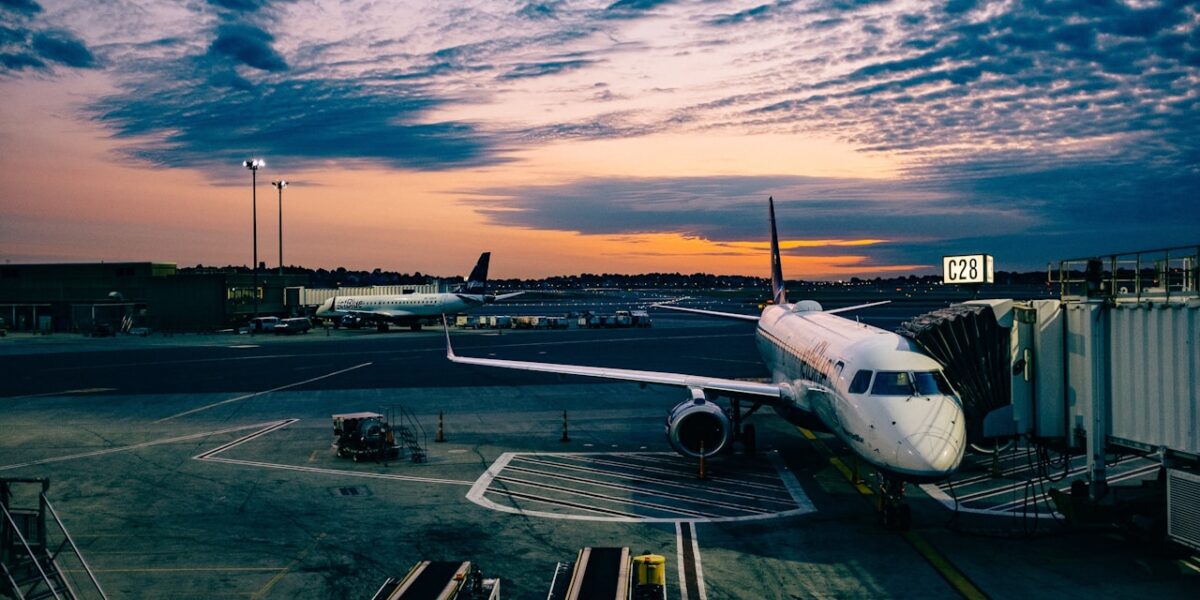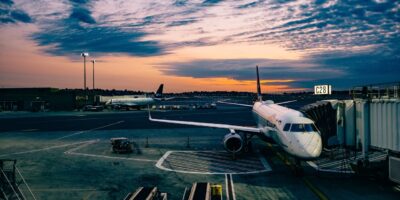Aircraft Types and Categories
Aircraft Types and Categories
Understanding the various types and categories of aircraft is essential for anyone interested in aviation. Different aircraft serve different purposes, and knowing their classifications can be quite enlightening. Let’s dive into the main categories and types of aircraft.

Fixed-Wing Aircraft
Fixed-wing aircraft generate lift through the forward motion of wings. They are the most common type of aircraft. Here are a few examples:
- Light Aircraft: These are small, often single-engine planes used for personal, leisure, and flight training. A well-known example is the Cessna 172.
- Commercial Airliners: These planes are designed to transport passengers and cargo over long distances. Examples include the Boeing 737 and Airbus A320.
- Military Aircraft: These planes are used for defense, including fighters, bombers, and transport planes. The F-16 Fighting Falcon is a notable example.
Propeller-Driven Aircraft
These aircraft use one or more propellers to generate thrust. They are often simpler and cheaper to operate than jet aircraft. Here’s a closer look:
- Single-Engine Propeller Aircraft: These are typically used for general aviation. They are perfect for short distances and have good fuel efficiency. The Piper PA-28 Cherokee is a common type.
- Multi-Engine Propeller Aircraft: These aircraft provide greater power and reliability. They are often used for longer distances and heavier loads. Examples include the Beechcraft King Air.
Jet Aircraft
Jet aircraft use jet engines to provide thrust. They are faster and more efficient at high altitudes:
- Business Jets: These aircraft are designed for corporate travel. They are smaller than commercial airliners but offer luxurious accommodations. The Gulfstream G650 is a prominent example.
- Commercial Jets: These are used by airlines to transport passengers. They range from small regional jets to large wide-body jets. The Boeing 747 is one of the most famous commercial jets.
- Military Jets: These are used for combat and reconnaissance missions. Examples include the F-22 Raptor and the B-2 Spirit stealth bomber.
Rotary-Wing Aircraft
These aircraft use rotating wings, or rotor blades, to generate lift. They have distinct advantages in vertical takeoff and landing:
- Helicopters: Helicopters are highly versatile. They can hover, fly in any direction, and land in confined spaces. The Bell 206 is a commonly used helicopter.
- Gyroplanes: Also known as autogyros, these aircraft have an unpowered rotor for lift and an engine-powered propeller for thrust. The Avro Rota is a notable example.
- Tiltrotor Aircraft: These combine the vertical lift capabilities of helicopters with the speed of fixed-wing aircraft. The V-22 Osprey is a prime example.
Unmanned Aerial Vehicles (UAVs)
These are aircraft controlled remotely or autonomously. They have diverse applications:
- Military UAVs: Used for reconnaissance and combat. Examples include the MQ-9 Reaper.
- Civilian UAVs: Used for mapping, agriculture, and recreational purposes. Consumer drones like the DJI Phantom are popular.
Other Categories
Apart from the common types, there are specialized aircraft for unique missions:
- Amphibious Aircraft: These can take off and land on both water and land. The Grumman G-21 Goose is an example.
- Airships: Lighter-than-air aircraft used for advertising and observation, such as the Goodyear Blimp.
- Gliders: Unpowered aircraft used for leisure and sport. The Schleicher ASK 21 is a popular glider.
Experimental and Concept Aircraft
Innovative designs and technology test boundaries. Here are some notable examples:
- Prototype Aircraft: These are developed to test new concepts. The Lockheed Martin X-35 was a prototype for the F-35 Lightning II.
- Concept Vehicles: Aircraft designed to explore futuristic ideas. An example is the NASA X-57 Maxwell, an electric aircraft.
Balloons and Parachutes
These types of aircraft are simple yet fascinating:
- Hot Air Balloons: These use heated air to gain lift. They are used for recreational flights. The Cameron Balloons are well-known manufacturers.
- Paragliders and Hang Gliders: The simplest forms of human flight. They rely on wind and thermals to stay aloft. Paragliders and hang gliders provide an affordable way to experience flying.
Related Articles
Continue exploring:
- Why Amazon and Temu Are Buying Every Freighter They Can Find
- Revolutionizing Air Travel: Sky-High Innovations & Joy
- FDH Electronics: Revolutionizing Tech with Innovative Solutions


